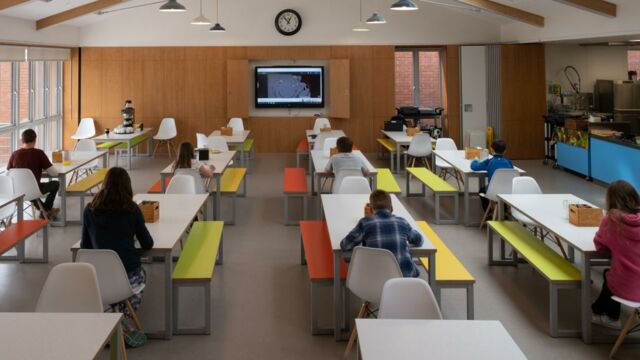Upon meeting with Chief Medical Officer Chris Whitty, Prime Minister Boris Johnson is looking into reopening schools as early as March 8 after having been told that the current wave of the coronavirusreached its peak last week.
Discover our latest podcast
The PM has since ordered schools to prepare for the imminent return to in person teaching by introducing several new measures to facilitate reintegration for children. The good news comes as a result of the success of Britains vaccine rollout program predicted to reach its goal–and even surpassing it– of offering jabs to those over 70 years of age by mid-February.
Welcoming optimism
After having visited a vaccination hub in Batley, Johnson told reporters that:
We are starting to see some signs of a flattening and maybe even a falling off of infection rates and hospitalisations. But don't forget that they are still at a very high level by comparison with most points in the last 12 months, a really very high level.
Adding that:
So the risk is if you take your foot off the throat of the beast, as it were, and you allow things to get out of control again then you could, alas, see the disease spreading again fast before we have got enough vaccines into people's arms. That's the risk.
New measures to ensure the variant is contained
Health officials, local police and firefighters will join forces to begin a door-to-door coronavirus testing program so as to contain the South African strain that is currently ravaging several parts of England.
As the mutation has been said to be resistant to the vaccine, at home swabs will be made available in Surrey, West Midlands, certain parts of London, Kent, Hertfordshire and Lancashire.
Health Secretary, Matt Hancock, urged people in those areas to take extra precaution to the super-infectious variant:
The stay at home message is there for everyone but in particular in those areas it's absolutely vital that people minimise all social contact and get a test when the opportunity arises.















